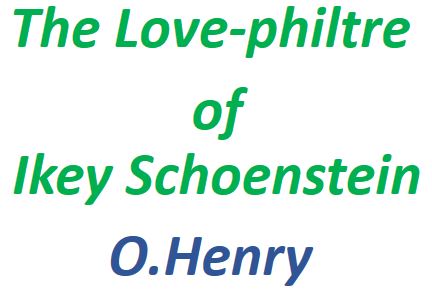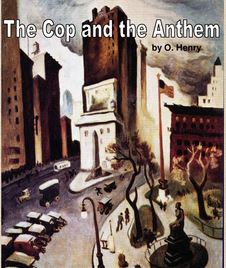داستان کوتاه A Ramble in Aphasia صفحه 6
تعداد بازديد : 981

Sometimes, as my mood urged me, I would seek the stately, softly murmuring palm-rooms, redolent with high-born life and delicate restraint, in which to dine. Again I would go down to the waterways in steamers packed with vociferous, bedecked, unchecked, love-making clerks and shop-girls to their crude pleasures on the island shores. And there was always Broadway - glistening, opulent, wily, varying, desirable Broadway - growing upon one like an opium habit. One afternoon as I entered my hotel a stout man with a big nose and a black moustache blocked my way in the corridor. When I would have passed around him, he greeted me with offensive familiarity. 'Hallo, Bellford!' he cried loudly. 'What the deuce are you doing in New York? Didn't know anything could drag you away from that old book den of yours. Is Mrs. B. along or is this a little business run alone, eh?' 'You have made a mistake, sir,' I said coldly, releasing my hand from his grasp. 'My name is Pinkhammer. You will excuse me.' The man dropped to one side, apparently astonished. As I walked to the clerk's desk I heard him call to a bell-boy and say something about telegraph blanks. 'You will give me my bill,' I said to the clerk, 'and have my baggage brought down in half an hour. I do not care to remain where I am annoyed by confidence men.' I moved that afternoon to another hotel, a sedate, old-fashioned one on lower Fifth Avenue. There was a restaurant a little way off Broadway where one could be served almost alfresco in a tropic array of screening flora. Quiet and luxury and a perfect service made it an ideal place in which to take luncheon or refreshment. One afternoon I was there picking my way to a table among the ferns when I felt my sleeve caught. 'Mr. Bellford!' exclaimed an amazingly sweet voice. I turned quickly to see a lady seated alone - a lady of about thirty, with exceedingly handsome eyes, who looked at me as though I had been her very dear friend. 'You were about to pass me,' she said accusingly. 'Don't tell me you did not know me. Why should we not shake hands - at least once in fifteen years?' I shook hands with her at once. I took a chair opposite her at the table. I summoned with my eyebrows a hovering waiter. The lady was philandering with an orange ice. I ordered a crème de menthe. Her hair was reddish bronze. You could not look at it, because you could not look away from her eyes. But you were conscious of it as you are conscious of sunset while you look into the profundities of a wood at twilight.













